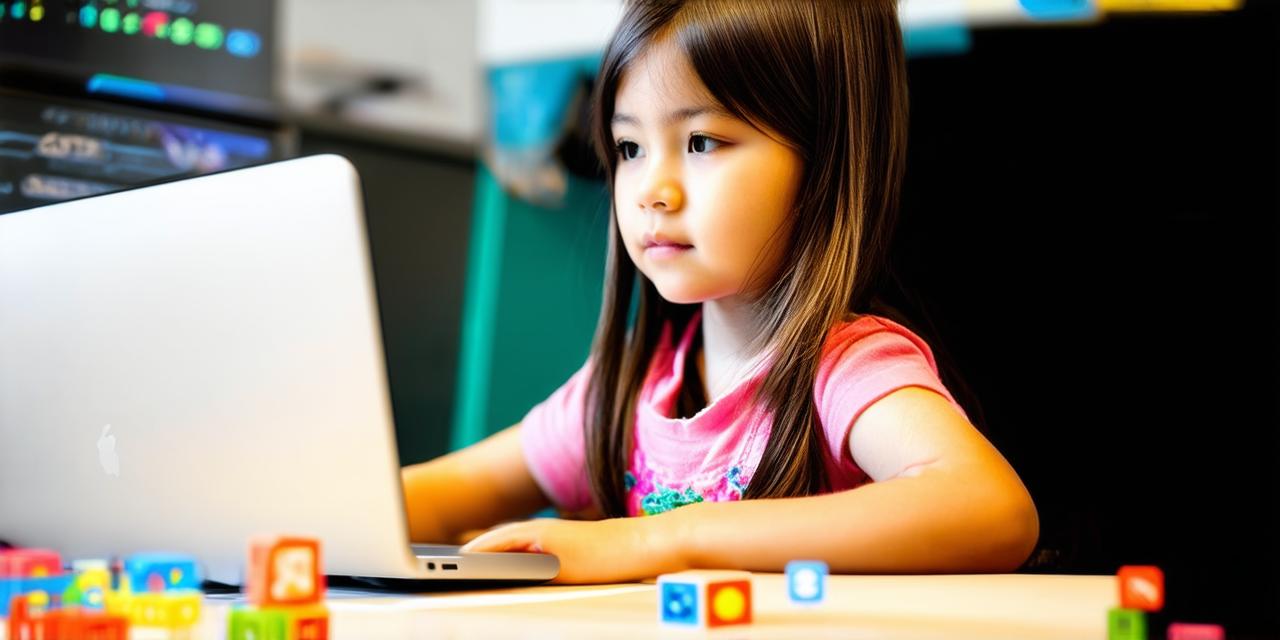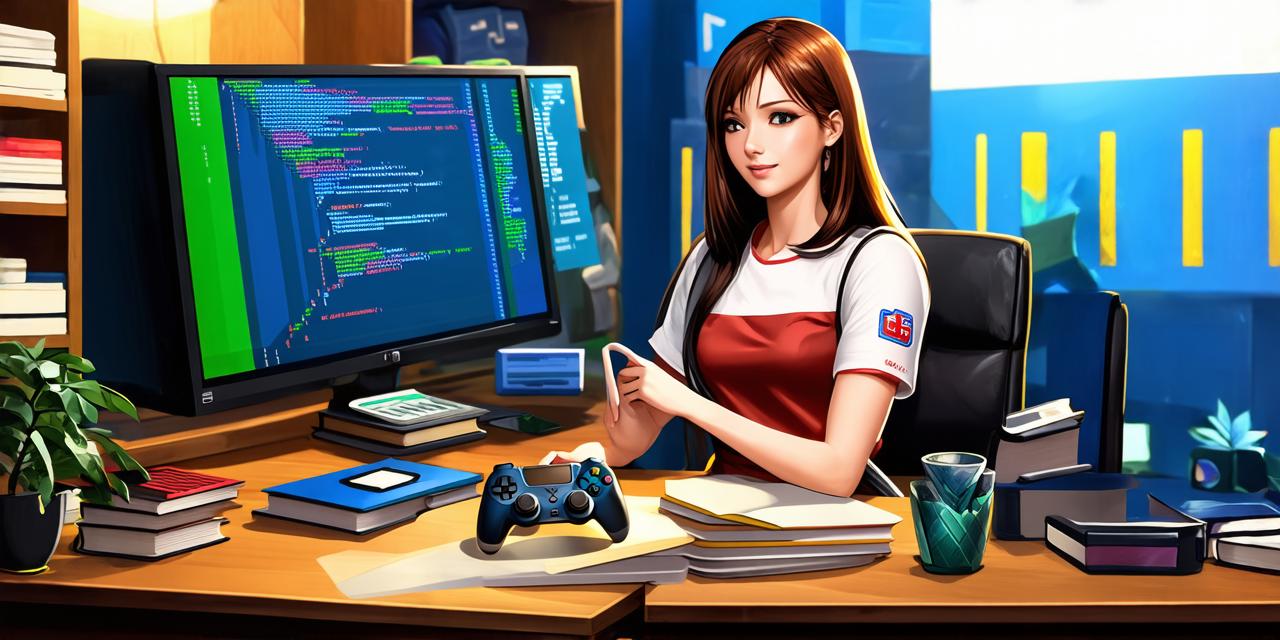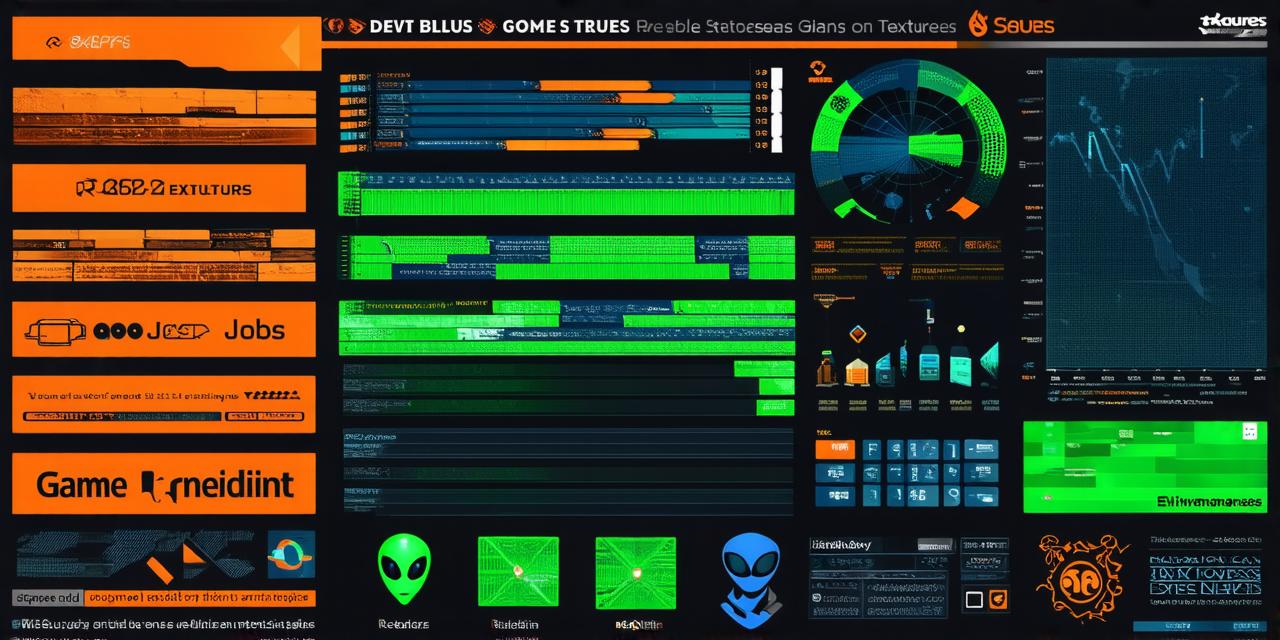Game development is an exciting field that offers kids a unique opportunity to create and express themselves through technology. With the right tools and resources, children can develop their creativity and problem-solving skills while having fun.
1. Scratch
Scratch is a popular programming language and platform designed specifically for kids aged 8-16. It allows children to create interactive stories, games, and animations using blocks of code that snap together like Legos. With Scratch, kids can learn the basics of coding without being overwhelmed by complex syntax or difficult concepts.
One example of a game created using Scratch is “Asteroids” by Michael Dunn. This game was created entirely in Scratch and demonstrates the versatility of the platform for creating engaging and interactive games.
2. GameMaker Studio 2
GameMaker Studio 2 is a professional-grade game development tool that can be used by kids to create 2D and 3D games. It features an easy-to-use drag-and-drop interface, along with a vast library of assets and tools to help kids bring their ideas to life.
One example of a game created using GameMaker Studio 2 is “Pixi Adventure” by 11-year-old game developer, Alex Park. This game features beautiful hand-drawn graphics and engaging gameplay that showcases the power of GameMaker Studio 2.
3. Unity 3D
Unity 3D is a powerful game engine that can be used to create games for a variety of platforms, including mobile, web, and consoles. It features a user-friendly interface and a vast array of tools and assets to help kids create immersive and engaging games.
One example of a game created using Unity 3D is “Space Shooter” by 14-year-old game developer, Ethan Chen. This game features stunning graphics and intense gameplay that demonstrates the potential of Unity 3D for creating high-quality games.
Tips for Game Development for Kids
- Start Small: Don’t overwhelm kids with too many features or concepts at once. Instead, start with simple projects and gradually build up to more complex ones as they gain experience.
- Be Creative: Encourage kids to think outside the box and come up with unique and innovative ideas for their games.
- Collaborate: Game development can be a collaborative process, so encourage kids to work with others and share ideas and resources.
- Learn from Failure: Game development is a process of trial and error, so it’s important to learn from failures and use them as opportunities for growth.
- Keep it Fun: Above all, game development should be fun and enjoyable for kids. Encourage them to explore their interests and passions while creating games.
FAQs
1. What age is best for game development?
Game development can be suitable for kids of all ages, but it’s important to start with simple projects and gradually build up to more complex ones as they gain experience.
2. Do I need any prior experience to start game development?
No, there are many resources available online that can help you get started with game development, regardless of your prior experience.
3. What tools do I need for game development?
There are many tools available for game development, including Scratch, GameMaker Studio 2, and Unity 3D. The best tool for you will depend on your experience level and the type of game you want to create.



